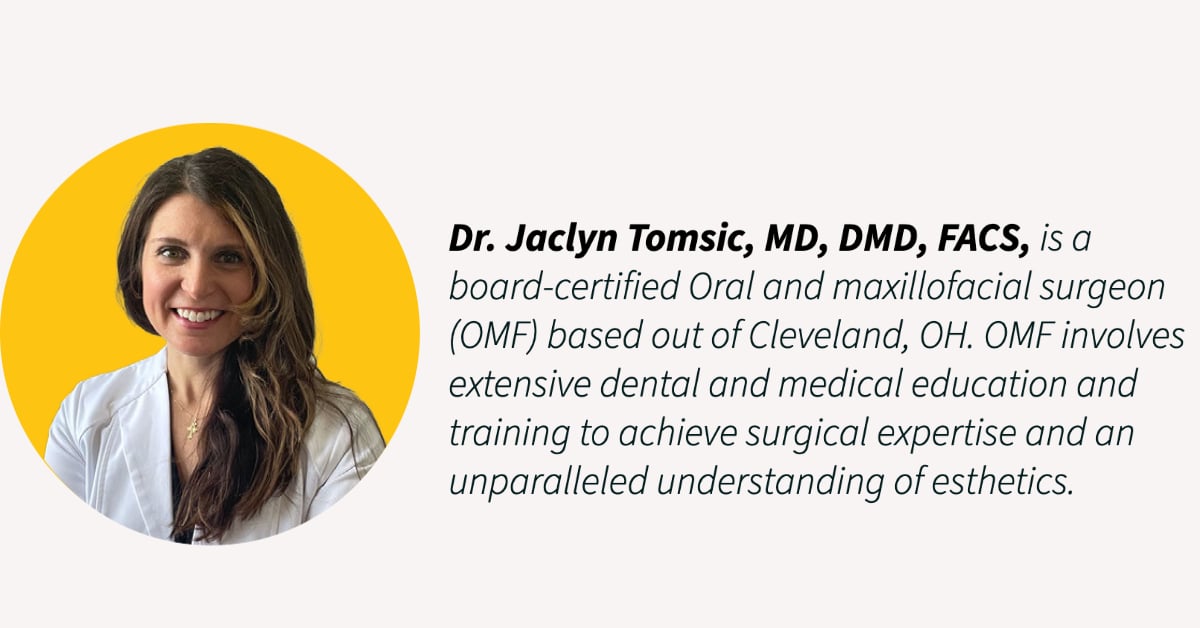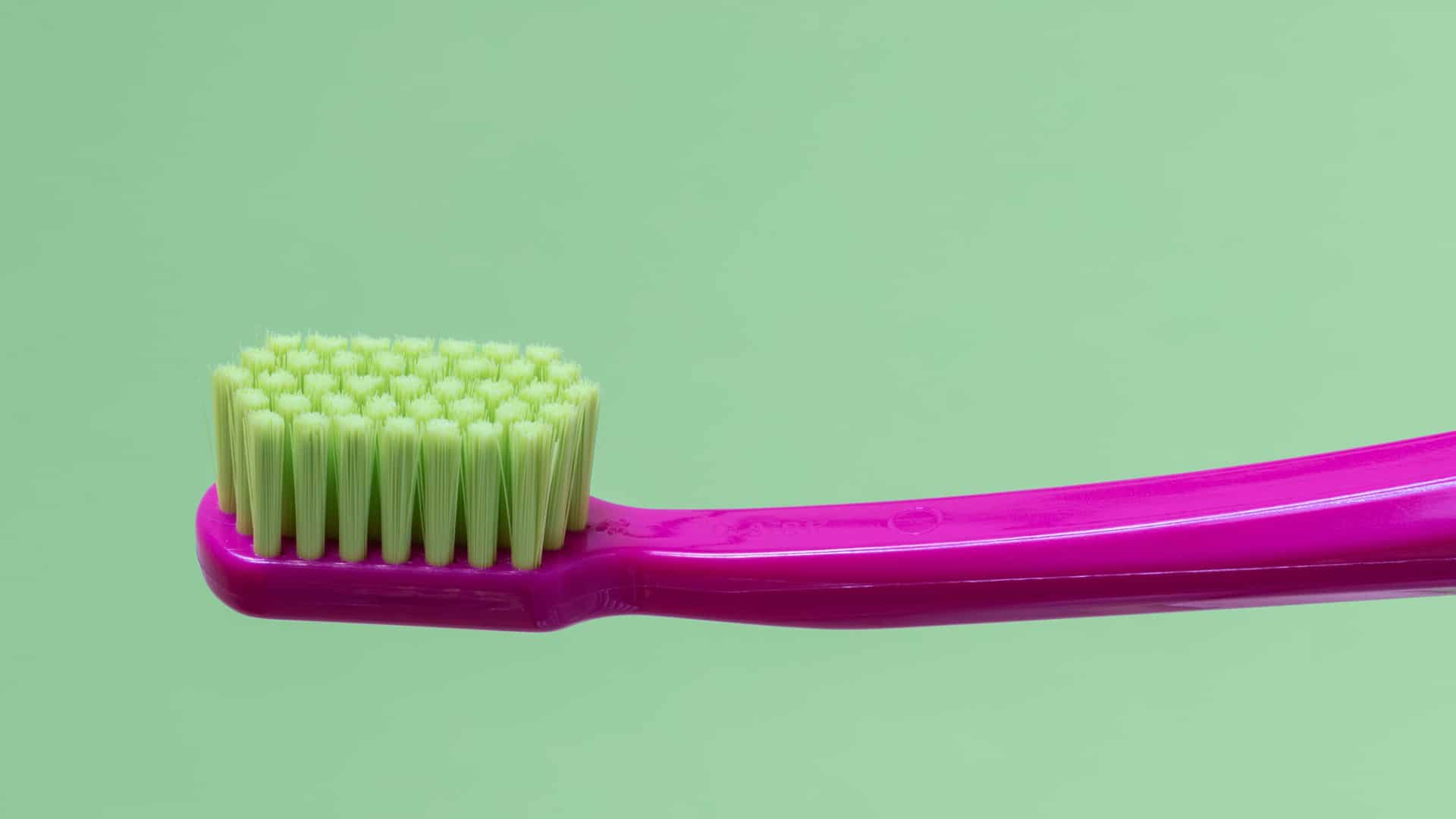
As an oral and maxillofacial surgeon (OMF), I see the damage we do to our mouths everyday. Because the mouth is the gateway to the rest of the body, it’s important to be mindful of everything we put in our mouths — not just the products we consume.
We call the group of microorganisms that naturally live within the oral cavity the oral microbiome. It has the most diverse microbiome after the gut, with over 700 species of bacteria. In order for our mouths (and in turn, our bodies) to function optimally, we need to ensure that this ecosystem of bacteria is in balance.
Signs of an unbalanced microbiome include, pain, swelling, bleeding/redness and warmth—the cardinal signs of infection. This alerts us that our body’s defenses are down, and the microbiome may be out of whack, leading to the progression and development of oral disease or infection.
The good news is there are practices we can perform daily to prevent further harm. Here are 6 practices I recommend for keeping your oral microbiome balanced and healthy.
1. Balanced Diet = Balanced Microbiome
A healthy body starts with your mouth. As such, eating a balanced diet of whole foods is one of the most important actions you can take to rebalance your oral microbiome. The best foods for healthy teeth and a balanced mouth include crunchy fruits and vegetables like apples, carrots, and celery, and lean protein like fish and tofu.
Eat over-processed foods sparingly. Avoid acidic or heavily processed foods that tend to break down the body’s natural defenses.
2. Take Your Vitamins
Taking daily vitamins is beneficial for your whole body, and that includes your teeth and mouth. While it’s always optimal to try and get enough vitamins through your diet, I recommend including vitamins C, D, E and K, magnesium, calcium and zinc in your daily routine.
You can also integrate essential vitamins into your existing oral care routine by using a vitamin-infused toothpaste. Natural oral care brand Better & Better’s vitamin toothpastes allow you to brush with vitamins B12, D3 (Energy) and vitamins C, E, and zinc (Immunity), which get absorbed into the tissues of the mouth while you brush. It’s a great double duty option for those who struggle with remembering to take their vitamins.
3. Check the Ingredients List — Before you Brush
In oral health products, avoid abrasives and sugars— specifically saccharin— chlorine dioxide, which is industrial bleach, and surfactants such as sodium lauryl sulfate (SLS) and polypropylene glycol (PPG). These ingredients, which you’ll find in most big brand toothpastes and mouthwashes, can kill the “good” bacteria in your mouth, and set your entire oral ecosystem out of whack. Instead, look for natural, non-irritating alternatives — like xylitol for sweetness, and baking soda for balancing pH.
4. Limit or Avoid Alcohol
We know that heavy alcohol consumption can have a negative effect on our bodies, but we don’t often talk about what it can do to our mouths. It’s best to avoid overconsumption of alcohol we drink, but also avoid it in oral care products (mouthwash), as it can cause dry mouth, electrolyte imbalances, and liver damage.
5. Avoid Smoking
This should also go without saying, but for both oral and whole body health, it’s best to avoid smoking. In addition to bad breath and yellowing teeth, smoking can lead to the development of oral and lung cancer, bleeding disorders and lung disease.
6. Practice Consistent Oral Hygiene
In addition to brushing at least twice daily, be sure to use a floss once daily— preferably one without PFAS (forever chemicals).
Finally, practice your oral hygiene routine twice a day. I recommend Better & Better’s vitamin toothpastes, Energy and Immunity, into your daily routine, as they’re free of harmful ingredients, and contain essential vitamins. In addition to brushing at least twice daily, be sure to use a floss once daily— preferably one without PFAS (forever chemicals).
Learn more about Dr. Jacci on her website, and follow her on Instagram at @DoctorJacci.
